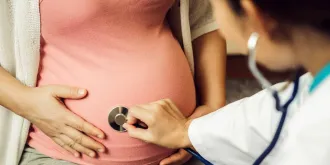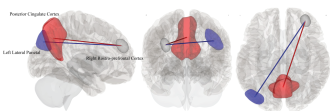Resources for Journalists

COVID-19 is a disease caused by the SARS-CoV-2 virus strain, that has not been previously identified in humans. See below for a collection of resources to help you cover this issue (Please note: additional resources are available to journalists who are logged in).
The AusSMC also issues a daily COVID-19 update for registered journalists (click here to view an example). If you would like to receive this email, please go to your profile on MyScimex and select yes beside "Receive COVID-19 Updates?". The email update and this resources page are supported by the Google News Initiative.









